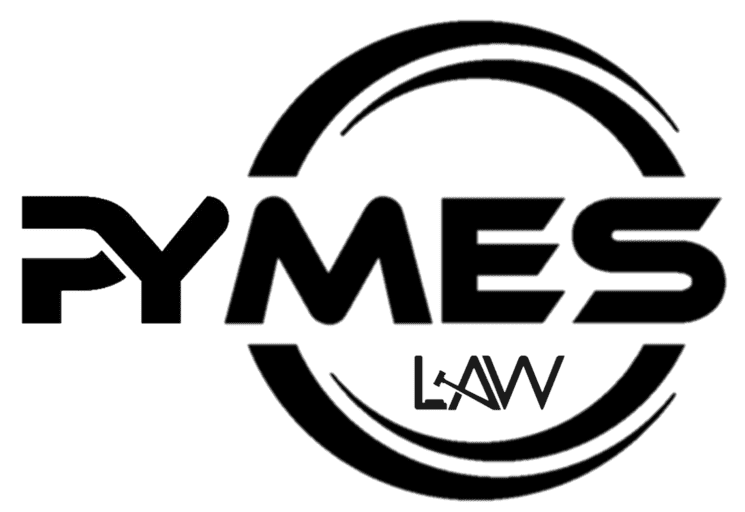Access to Legal Aid assistance is very necessary in Bangladesh in order to guarantee that all people are treated fairly and with justice. On the other hand, understanding the complexity of the legal system may be intimidating, particularly for those who have little means or experience.
Through the provision of critical information on how people may receive legal help, understand their rights, and seek justice, the purpose of this comprehensive handbook is to demystify the notion of legal aid in Bangladesh.
Understanding Legal Aid in Bangladesh
Those persons who are unable to afford legal counsel or assistance are eligible to receive legal aid, which is the provision of legal services that are either free or subsidized. There are a number of rules and regulations that regulate the legal aid system in Bangladesh.
These laws and regulations attempt to guarantee that all people, regardless of their socio-economic level, have equal access to the court system.
The Importance of Legal Aid
Being able to get legal assistance is absolutely necessary in order to safeguard the concepts of justice, fairness, and equality under the law. By doing so, it guarantees that disadvantaged and vulnerable communities are provided with the chance to defend their rights, seek redress for complaints, and access remedies via the legal system.
Key Principles of Legal Aid
1. Accessibility: Legal assistance services have to be easily accessible and readily available to all persons, irrespective of their social standing or financial circumstances.
2. Equality: aid should be provided without discrimination, ensuring that all individuals have equal access to justice and legal representation.
3. Quality: aid services should meet high standards of professionalism, competence, and ethical conduct, ensuring effective representation and advocacy for clients.
4. Empowerment: aid should empower individuals to understand their rights, navigate the legal system, and make informed decisions about their legal matters.
Navigating the Legal Aid System
Accessing aid in Bangladesh involves several steps, from determining eligibility to seeking assistance from aid providers.
Determining Eligibility
Before accessing aid services, individuals must meet certain eligibility criteria, which may vary depending on the type of legal assistance required and the specific guidelines of aid providers.
Types of Legal Aid Services
Legal aid services in Bangladesh encompass a wide range of legal assistance, including:
- Legal Advice: Providing guidance and advice on legal rights, obligations, and options.
- Legal Representation: Representing clients in court proceedings, hearings, or negotiations.
- Legal Awareness: Educating individuals about their legal rights, responsibilities, and remedies.
Legal Aid Providers
In Bangladesh, legal aid services are provided by various organizations, including:
- Legal Aid Authority: A statutory body responsible for administering aid programs and initiatives across the country.
- Non-Governmental Organizations (NGOs): NGOs play a crucial role in delivering aid services to marginalized and underserved communities.
- Pro Bono Lawyers: Many lawyers and law firms offer pro bono services to individuals who cannot afford legal representation.
Challenges and Opportunities
Despite the importance of legal aid, several challenges persist in Bangladesh, including:
- Limited Awareness: Many individuals are unaware of their legal rights or the availability of aid services.
- Resource Constraints: aid providers often face resource constraints, including funding shortages and staffing limitations.
- Systemic Barriers: Structural and systemic barriers, such as bureaucratic hurdles and procedural complexities, may hinder access to legal aid.
However, there are also opportunities for enhancing the effectiveness and accessibility of aid in Bangladesh, including:
- Legal Reform: Continued efforts to reform and strengthen the aid system can help address existing gaps and improve service delivery.
- Community Engagement: Engaging communities and raising awareness about legal rights and services can empower individuals to seek legal assistance when needed.
- Collaborative Partnerships: Building partnerships between government agencies, civil society organizations, and legal professionals can enhance the coordination and delivery of aid services.



0 Comments